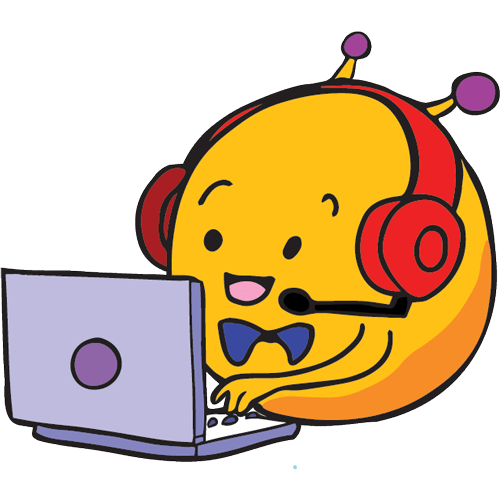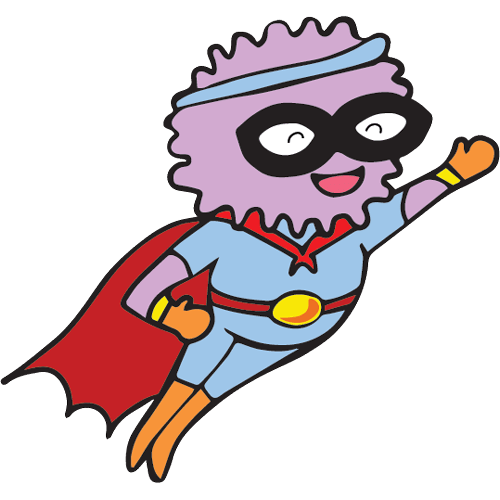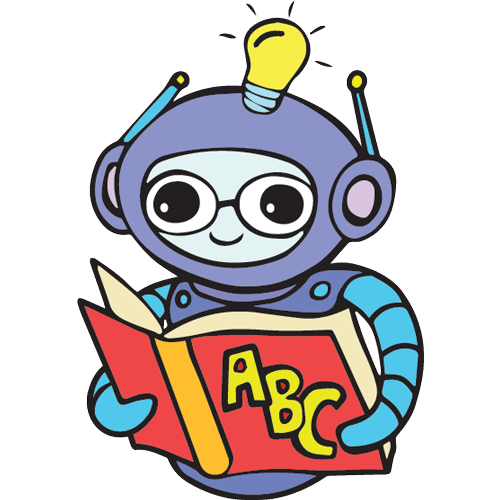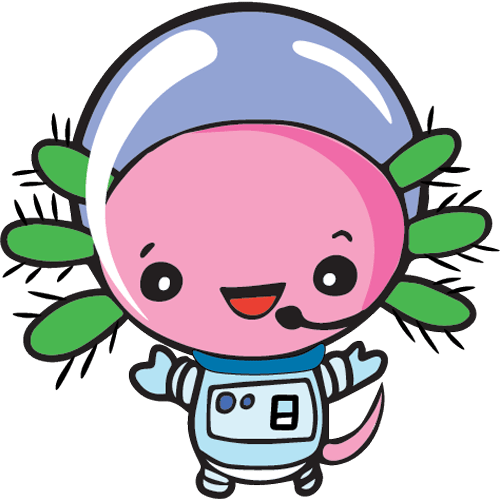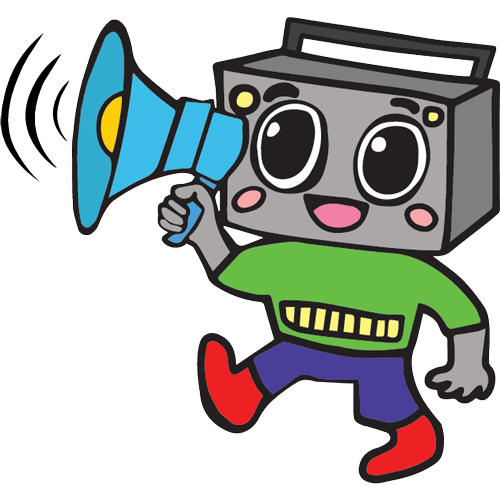Intensive Cognitive and Aphasia Programs
Stroke survivors, and individuals living with brain injuries, tumors, or diseases.
A comprehensive evaluation of language and cognition.
Exercises to restore and retrain language and cognitive-communication skills.
What Is Aphasia?
Aphasia is the loss of language due to a neurological injury, such as stroke, tumor, disease, or traumatic brain injury (TBI). It can affect spoken language, comprehension of language, written expression, or reading comprehension.
Because different parts of the brain are affected in different ways following a stroke, aphasia can be characterized in many different ways. As a result, presentations of aphasia vary widely from person to person. In fact, the term aphasia is considered an umbrella term containing several subcategories that describe specific patterns of symptoms.

Cognitive Communication Disorders
A Cognitive Communication Disorder refers to difficulty with any or all of the following components of cognitive-communication:
- Paying and sustaining attention to language
- Recalling and manipulating information (memory)
- Organizing information
- Planning
- Processing
- Problem-solving
- Reasoning
- Interpreting things visually and through other sensory processes
- Self-regulating.
While aphasia and cognitive-communication disorders can occur separately, they frequently co-occur, and both can make it difficult to understand what others are saying, find the words to express your thoughts, or hold on to details. This can impact the ease and confidence you feel performing daily tasks, interacting with family members, socializing with friends, or working a job.
Aphasia Speech Therapy
Speech therapy can support recovery efforts by strengthening, restoring, and retraining skills required for successful communication. Research has shown intensive aphasia speech therapy anywhere from one to four hours per day up to five days per week can significantly improve understanding, speaking, reading, and writing abilities for those with aphasia.
With an Open Lines® program, a speech-language pathologist (SLP) will tailor an individual’s treatment plan via a series of in-depth tests that examine different aspects of speech, language, and cognitive-communication. Results provide baseline data and help your SLP understand your strengths, needs, and goals.
An SLP will consider medical history, strengths, and weaknesses, as well as your responsiveness to therapy techniques. They will also consider how these difficulties may affect one’s ability to work, interact with people, and/or carry out daily activities. An individualized plan of exercises that incorporate a variety of techniques is then developed and implemented to help a person reach their goals!
Aphasia Treatment Approaches
An Intensive Cognitive and Aphasia Program (ICAP) is prioritized for individuals with aphasia. Your specialist will guide you through a series of impairment-based exercises as well as functional activities that simulate your daily activities to help you carry these skills into your everyday life with the people you want to communicate with.
Each therapy session includes research-based approaches grounded in principles of neuroplasticity. People regain the ability to functionally communicate in everyday situations and ultimately re-develop skill sets and strategies to enhance the quality of life and participate in desired activities.
Our program also includes caregiver education and support and post-stroke care management, including co-scheduling and attending doctor appointments, coordinating care and medications with the medical team, assisting with safe traveling, facilitating return to work, and participation in activities you enjoyed before the stroke.
Intensive Comprehensive Aphasia Program at Open Lines®
It is never too late! Even those who survived stroke long ago can benefit, and our online, in-home, and in-office intensive programs can help. Participate in an intensive program and return to living life!
Contact Open Lines® today by phone at 212-430-6800, by email at [email protected], or through our contact form. If you are ready to take the next steps in treating your communication difficulties, request an appointment to discuss your goals and review our service options.
Get in Touch With Open Lines®






